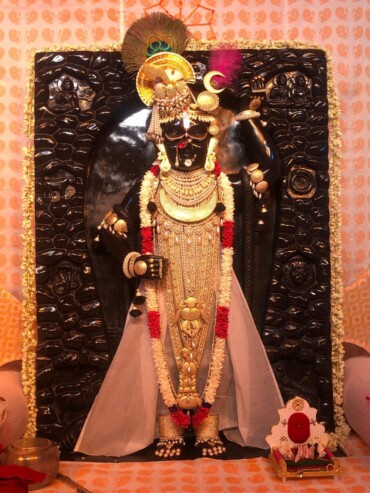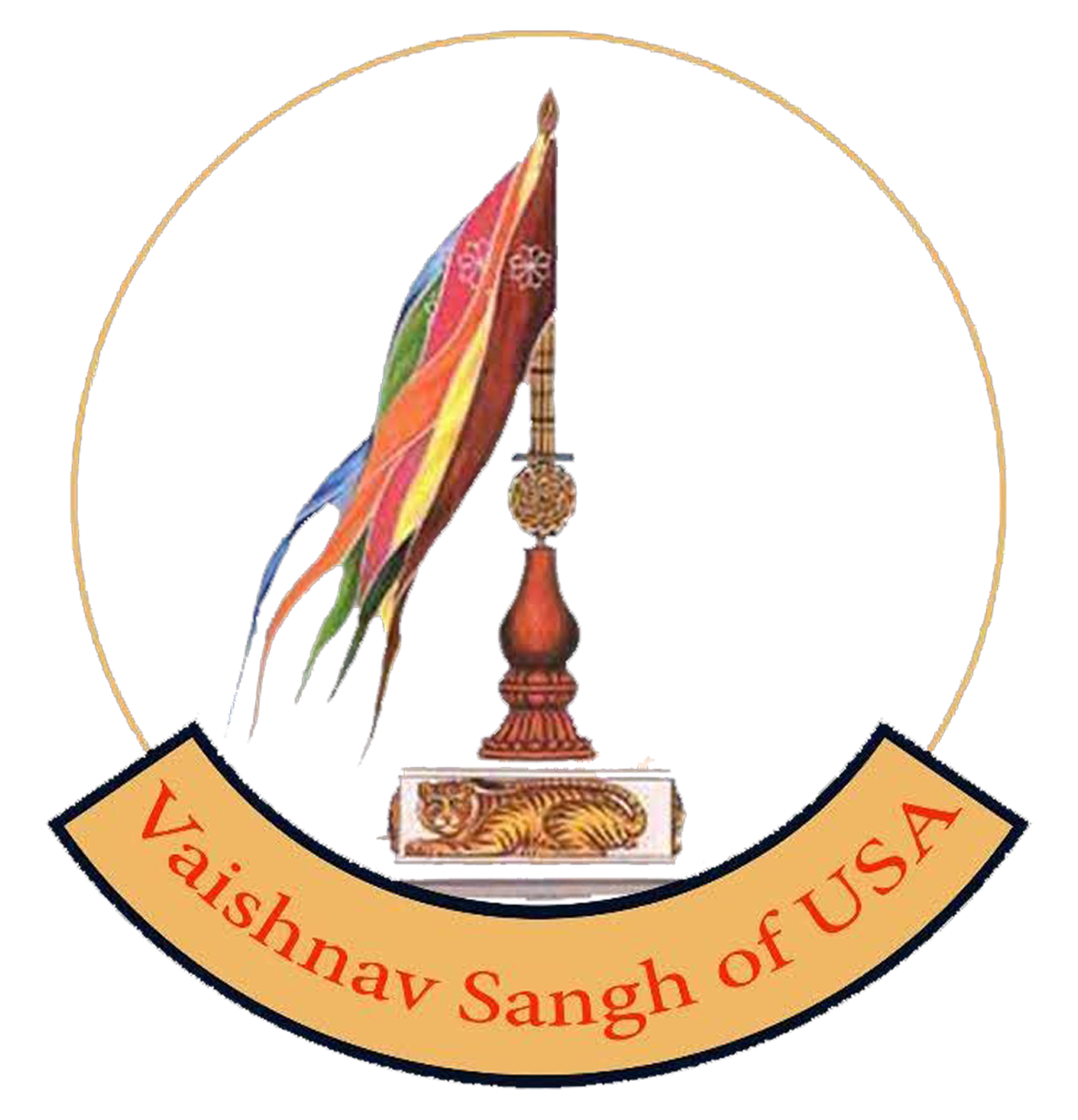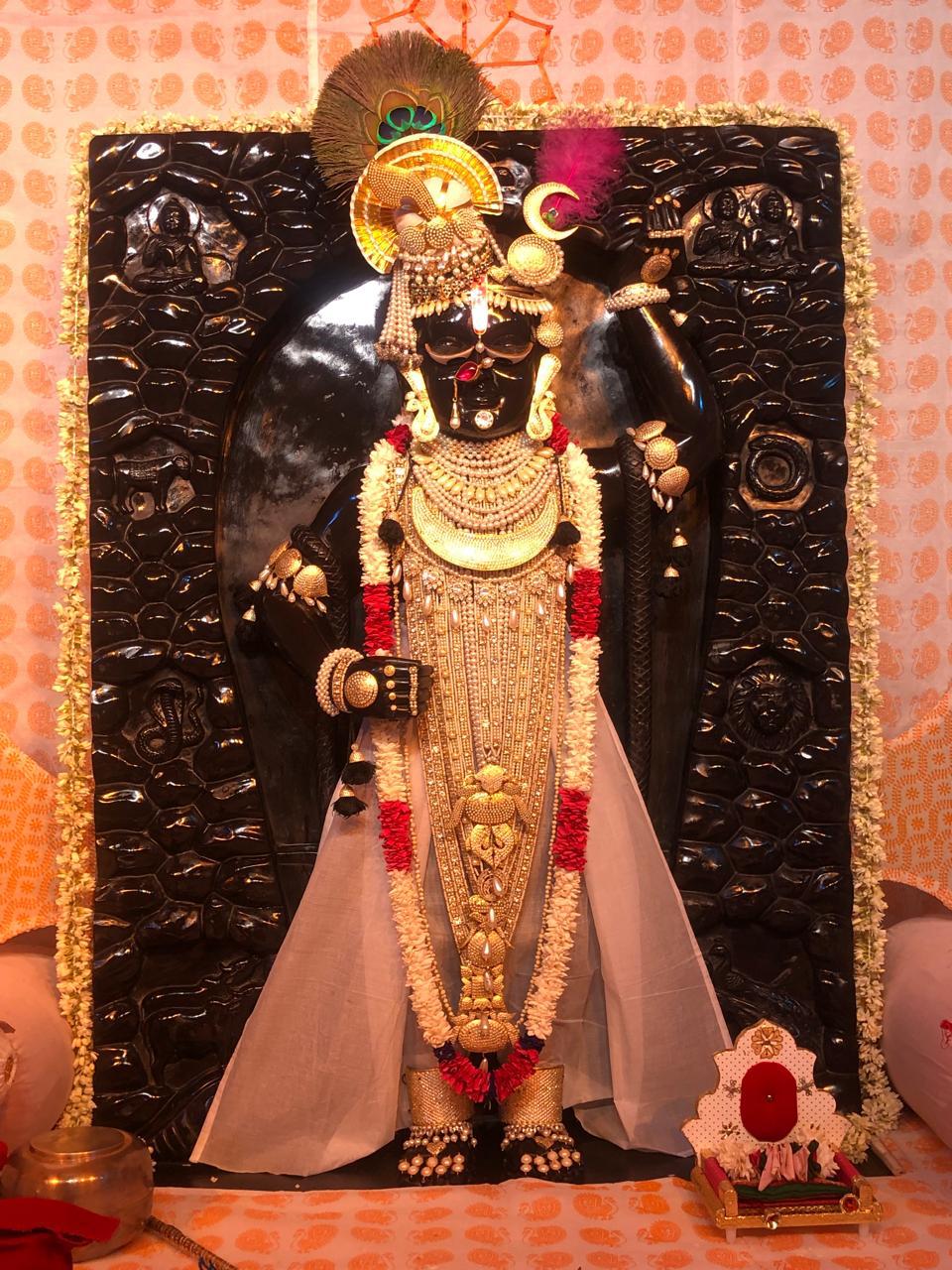All sessions start in August 2024 and will take place once a month on the second Saturday at 10 AM EST. Register below to join.

In the Pushtimargi tradition, which is a devotional sect within Hinduism emphasizing the worship of Lord Krishna, Seva Shringar classes focus on the specific rituals and practices associated with adorning Krishna’s idols and altars. Here’s a basic overview of what you might encounter in Seva Shringar classes within this tradition:
- Pushtimargi Philosophy: Understanding the core principles of Pushtimargi, which emphasize divine grace and the personal relationship between the devotee and Krishna. This context shapes the practice of Seva Shringar.
- Adorning Krishna: Learning the detailed procedures for dressing and decorating Krishna’s deity forms. This includes the use of specific garments, jewelry, flowers, and other items that are carefully chosen to reflect the deity’s divine qualities and moods.
- Rituals and Offerings: Understanding the various rituals involved in Seva Shringar, including the specific timings, sequence of actions, and the significance of each step. This also involves the preparation and presentation of offerings, such as food, flowers, and other devotional items.
- Aesthetic and Symbolic Aspects: Gaining insight into the symbolic meanings of different adornments and their significance in the Pushtimargi tradition. This includes learning how different colors, patterns, and materials are used to convey devotion and respect.
- Hands-On Practice: Engaging in practical sessions where students apply what they’ve learned by performing Seva Shringar for Krishna’s idols. This practice helps in mastering the techniques and ensuring that they are performed with devotion and precision.
- Historical and Cultural Context: Exploring the historical evolution of Seva Shringar in the Pushtimargi tradition and its cultural significance in the broader context of Krishna worship.
These classes aim to deepen participants’ devotional practices and ensure that the adornment of Krishna’s forms is done with the utmost reverence and adherence to tradition.


